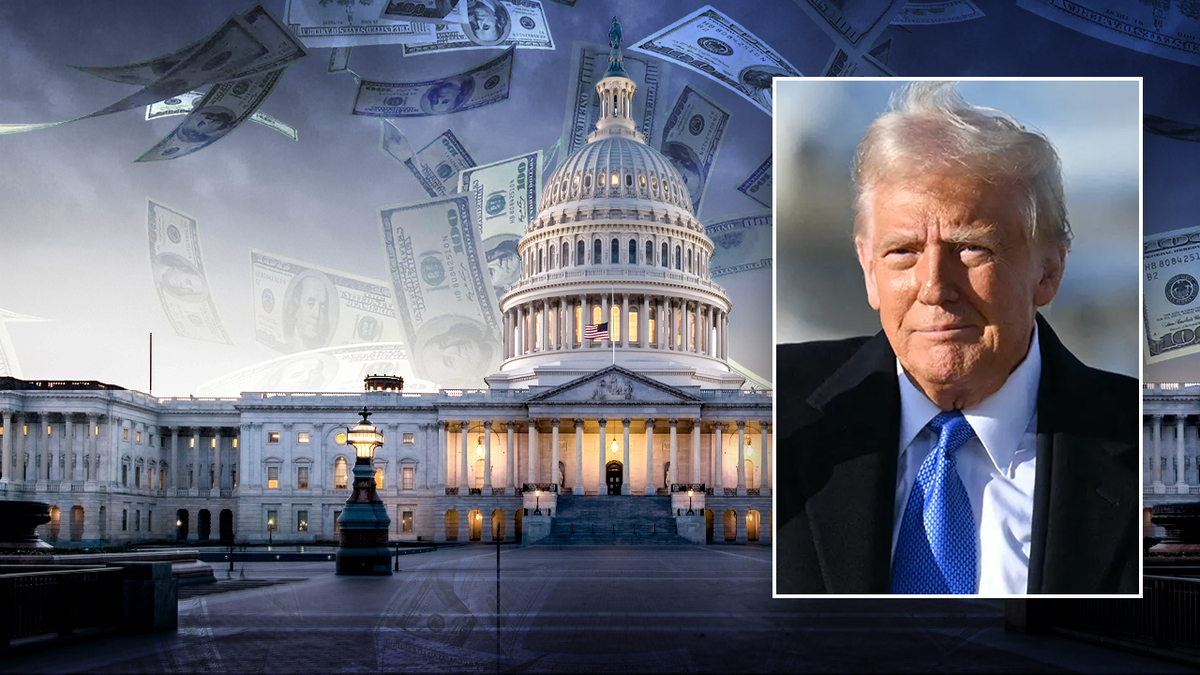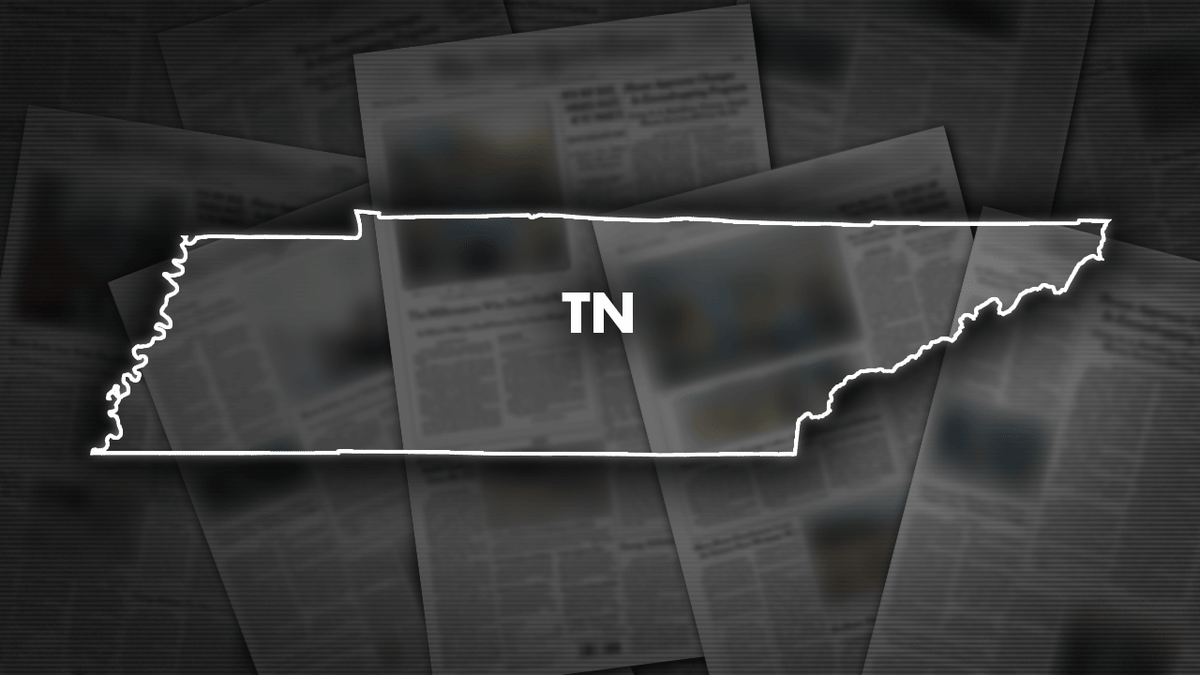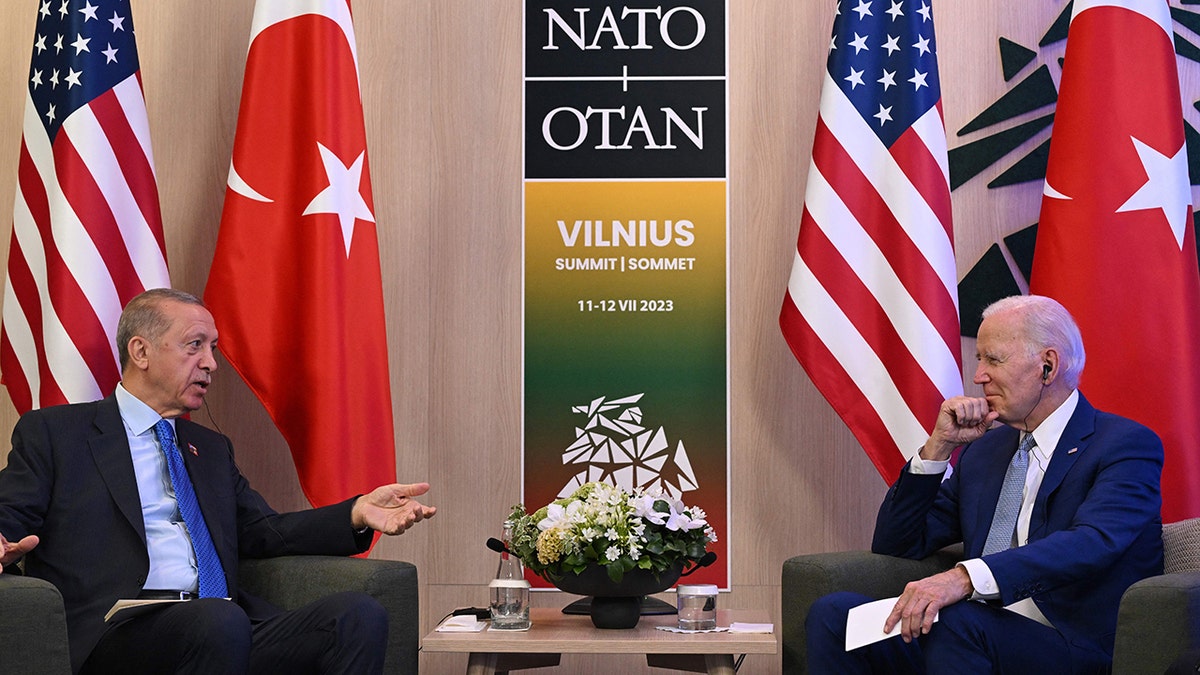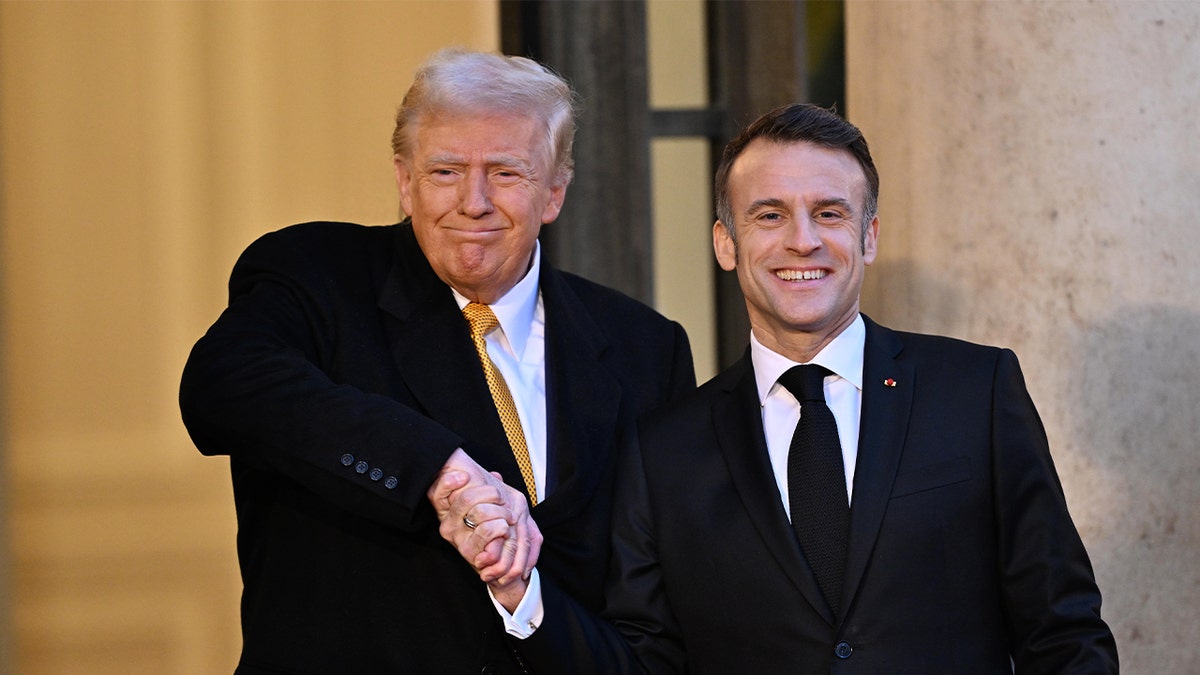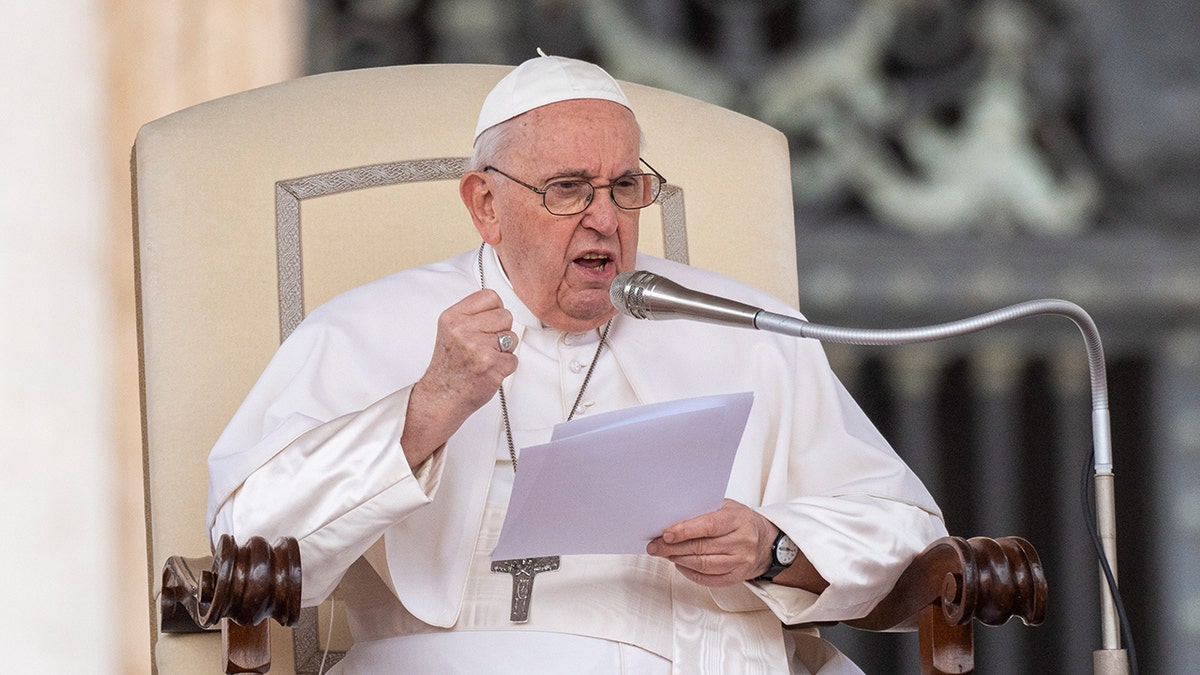A cease-fire agreement between Israel and Hezbollah has taken effect, but its implementation has sparked controversy and debate. While some applaud the cessation of hostilities, others, including prominent Republican lawmakers, criticize the Biden administration's role in the negotiations, alleging undue pressure on Israel.
The Israel Defense Forces (IDF) made significant advances into Lebanon during the conflict, reaching the Litani River, a key strategic objective. The cease-fire mandates Hezbollah's withdrawal north of the river, a move seen as a victory for Israel. However, reports suggest that threats of a U.S. weapons embargo influenced Israel's decision to agree to the cease-fire, potentially curtailing further military gains.
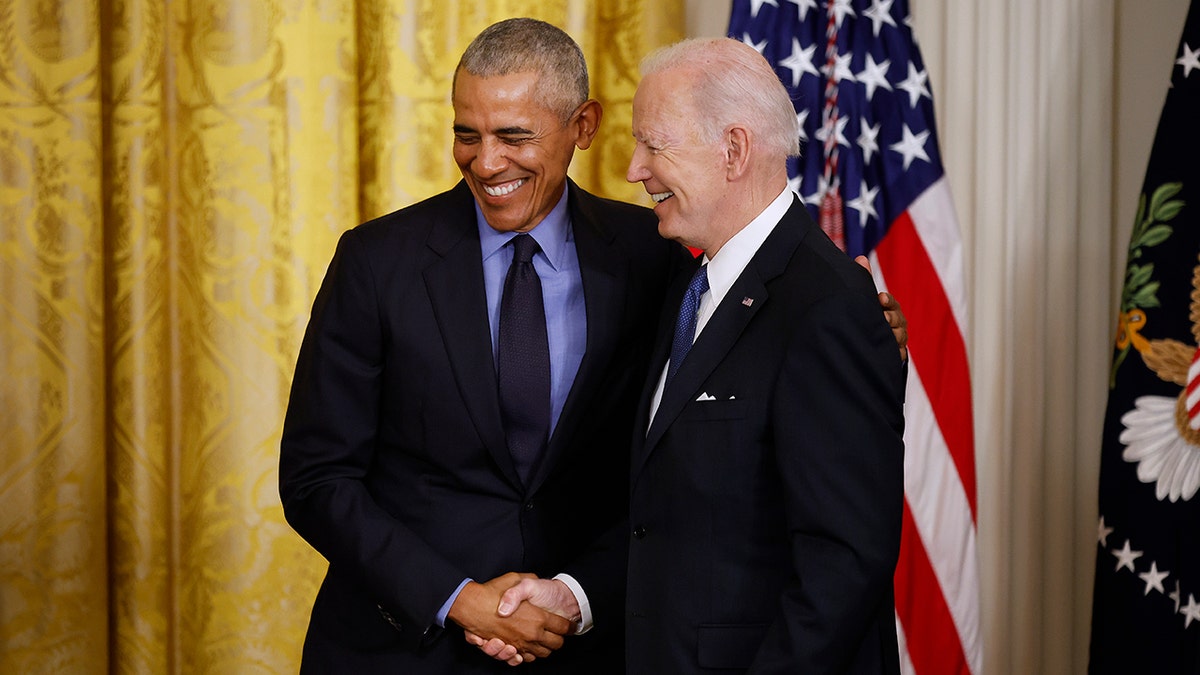
Analysts and lawmakers have raised concerns about the long-term implications of the agreement, arguing that it solidifies a framework established during the Obama administration that some perceive as favorable to Iran. This framework, they contend, could constrain the incoming Trump administration's ability to shape Middle East policy.
Amos Hochstein, the U.S. envoy who brokered the deal, emphasized the need for the incoming administration's understanding and support for the agreement's implementation. However, Senator Ted Cruz expressed concerns about the pressure exerted on Israel and the characterization of Israel's obligations under the cease-fire, viewing it as an attempt to undermine Israel and limit the Trump administration's options.
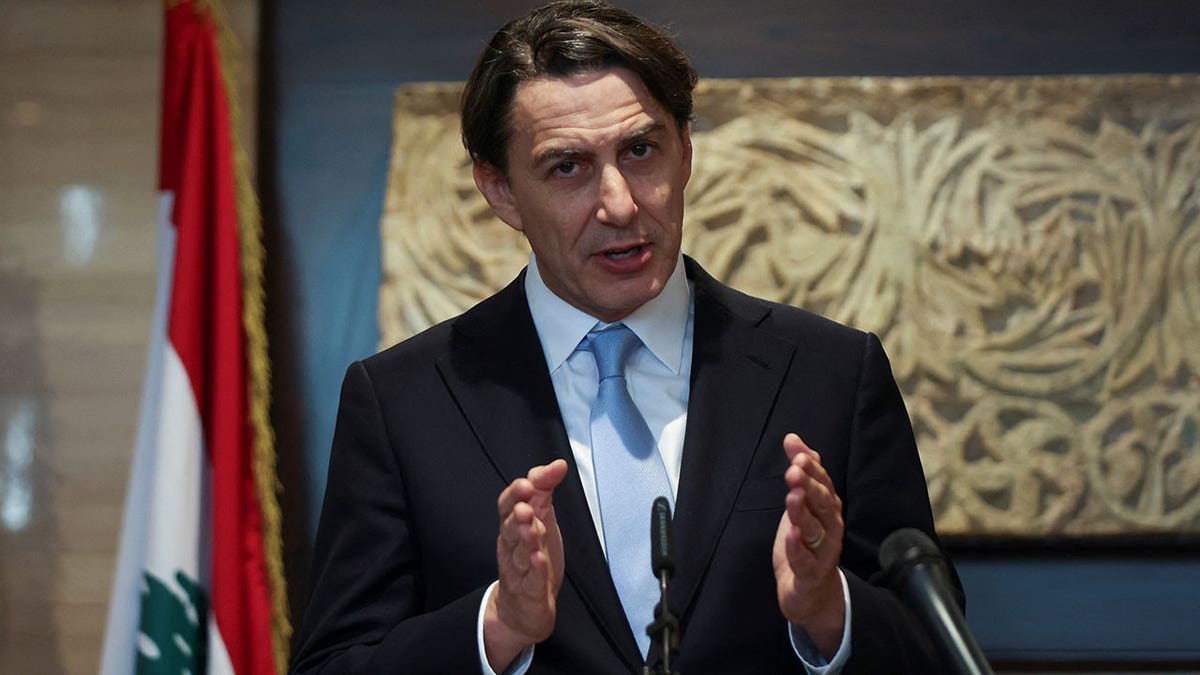
The cease-fire comes in the wake of Hezbollah's rocket attacks following the Hamas massacre in southern Israel. The IDF reported significant damage to Hezbollah's infrastructure, leadership, and arsenal during the conflict. Israeli media outlets reported that President Biden threatened to halt weapons deliveries and support a U.N. Security Council resolution unfavorable to Israel if the fighting continued. However, the Biden administration has denied these allegations.
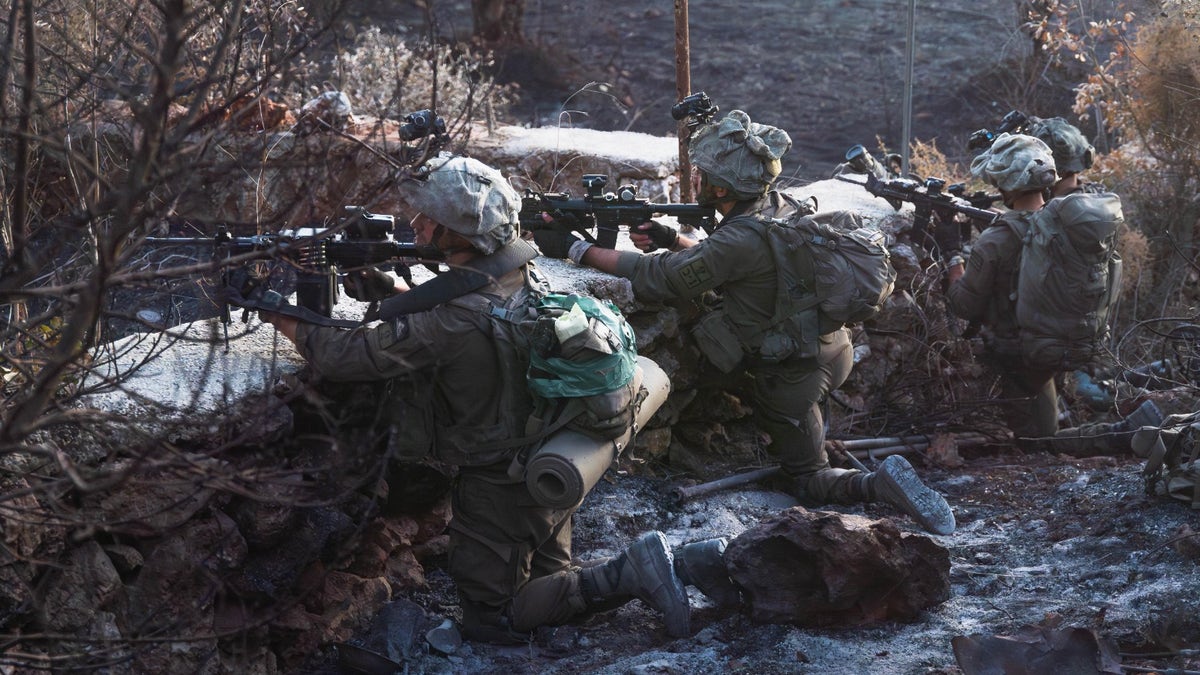
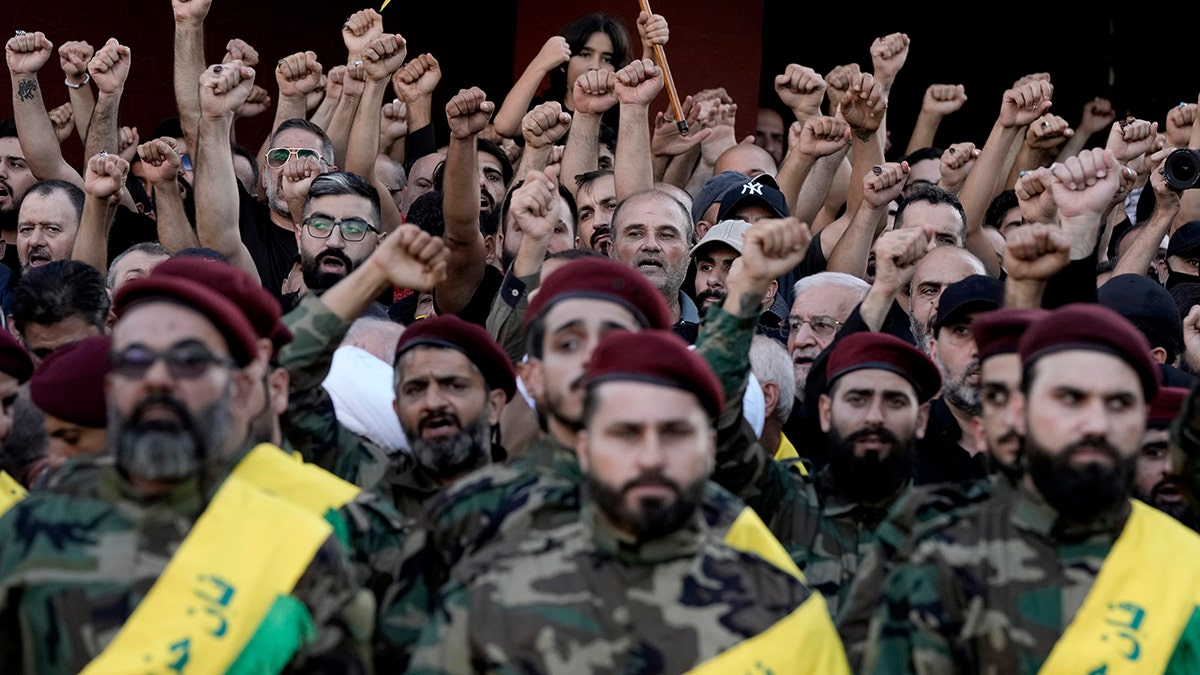
The cease-fire terms include provisions for preventing weapons smuggling to Hezbollah. While some in Israel welcome the respite from violence, others, particularly those in northern communities heavily impacted by Hezbollah's rocket fire, express skepticism about the deal's effectiveness in ensuring their long-term safety.
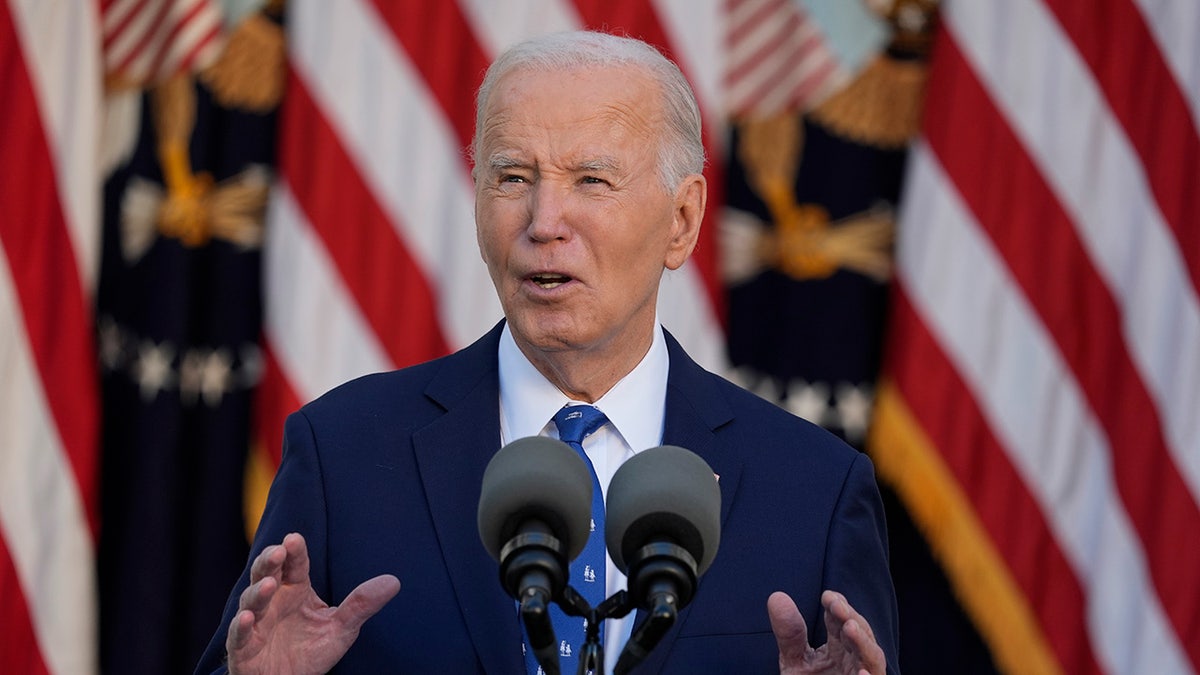
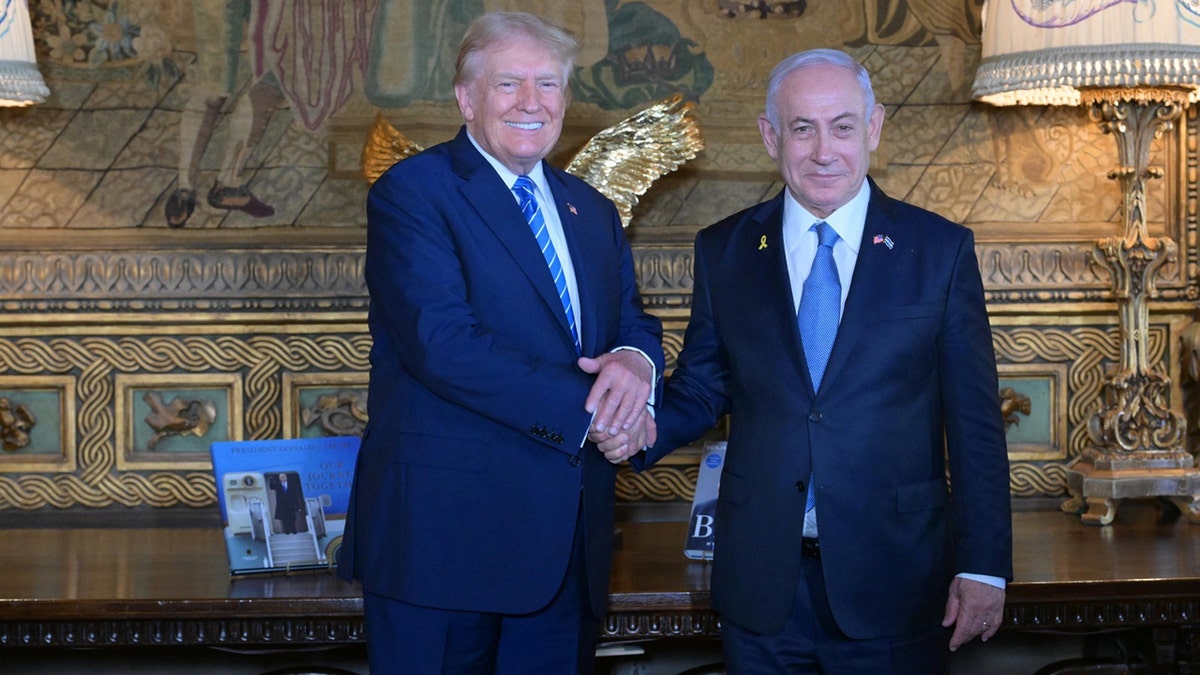
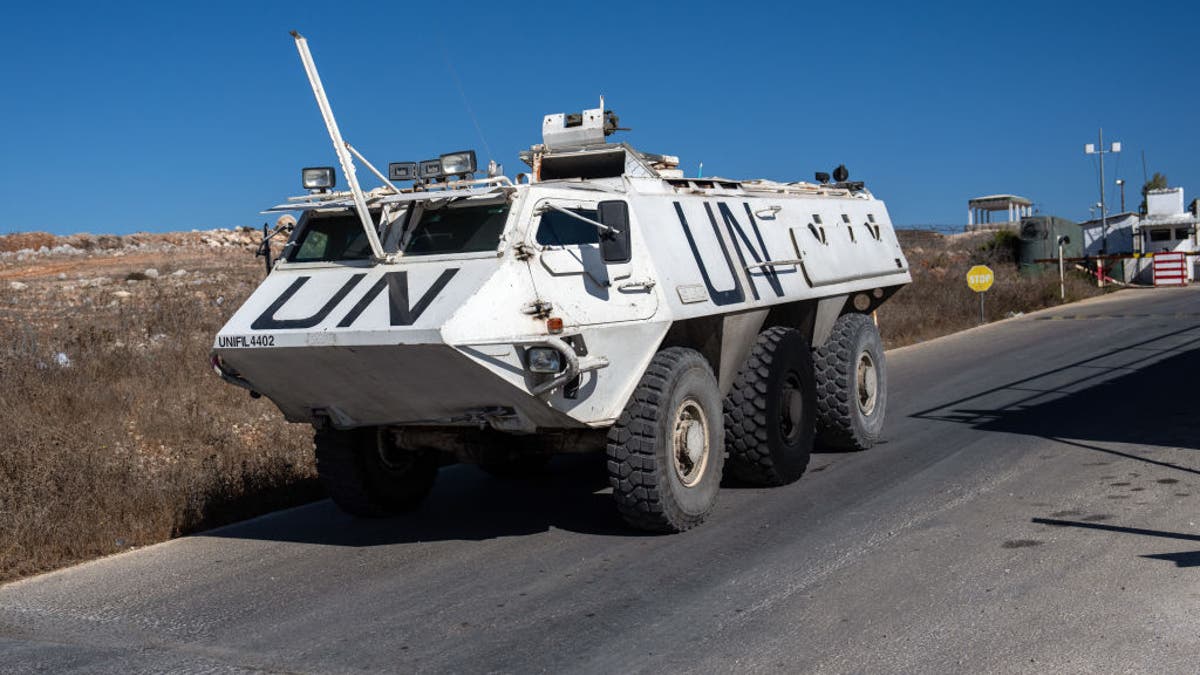
The UNIFIL peacekeeping force, tasked with monitoring the cease-fire, acknowledges the challenge of preventing arms proliferation but lacks the authority to forcibly disarm Hezbollah. Debate continues over the effectiveness of the cease-fire and its long-term impact on regional stability.


